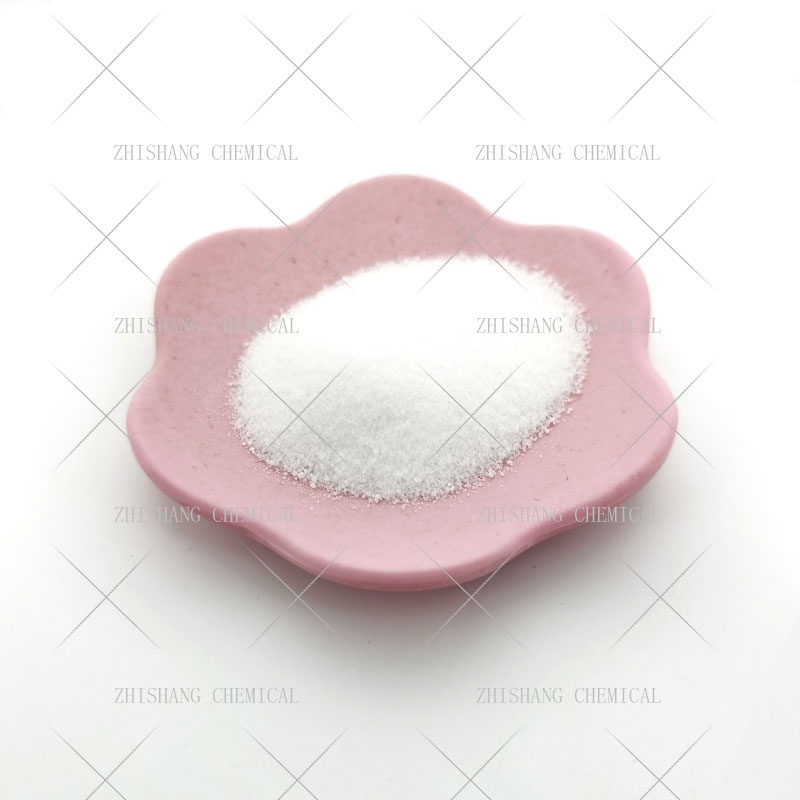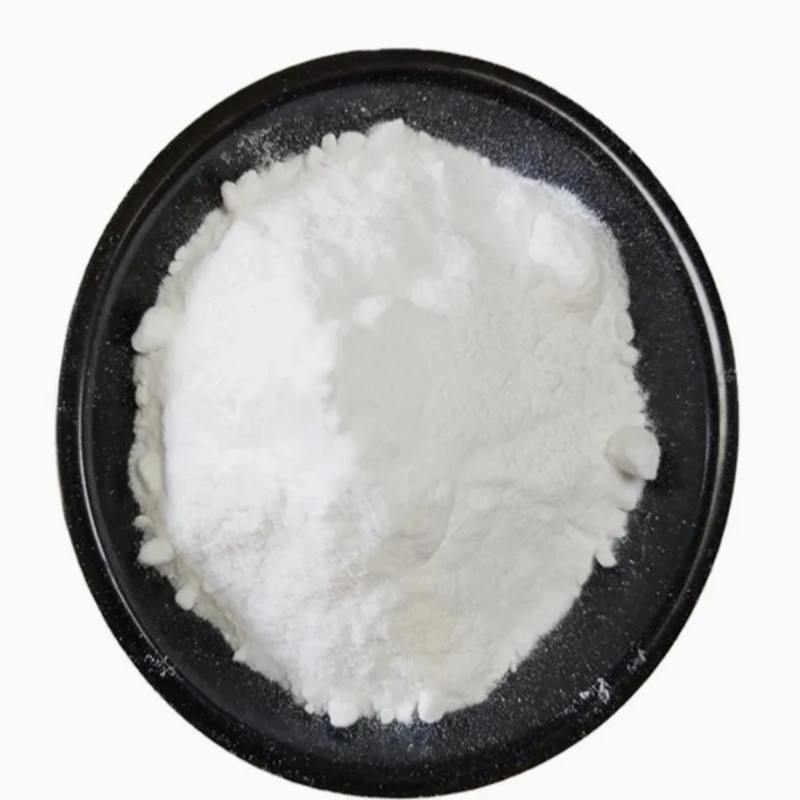-
Categories
-
Pharmaceutical Intermediates
-
Active Pharmaceutical Ingredients
-
Food Additives
- Industrial Coatings
- Agrochemicals
- Dyes and Pigments
- Surfactant
- Flavors and Fragrances
- Chemical Reagents
- Catalyst and Auxiliary
- Natural Products
- Inorganic Chemistry
-
Organic Chemistry
-
Biochemical Engineering
- Analytical Chemistry
-
Cosmetic Ingredient
- Water Treatment Chemical
-
Pharmaceutical Intermediates
Promotion
ECHEMI Mall
Wholesale
Weekly Price
Exhibition
News
-
Trade Service
Lenvatinib mesylate is a novel oral tyrosine kinase inhibitor that is used in the treatment of a variety of solid tumors.
This article will explore the instruction of lenvatinib mesylate in the chemical industry, including its mechanism of action, chemical synthesis, and uses in cancer treatment.
Mechanism of Action
Lenvatinib mesylate works by inhibiting multiple tyrosine kinase receptors, including the vascular endothelial growth factor receptors (VEGFR), fibroblast growth factor receptors (FGFR), and platelet-derived growth factor receptors (PDGFR).
This multi-kinase inhibition results in the suppression of angiogenesis, cell proliferation, and metastasis.
Lenvatinib mesylate has been shown to be effective in the treatment of a variety of cancers, including advanced renal cell carcinoma, hepatocellular carcinoma, and non-small cell lung cancer.
Chemical Synthesis
Lenvatinib mesylate is synthesized through a complex chemical process that involves the synthesis of several intermediate compounds.
The synthesis process begins with the preparation of a substituted aniline, which is then alkylated with a substituted phenylboronic acid.
This results in the formation of a substituted phenol, which is then converted into a substituted amide.
The amide is then treated with a substituted oxalic acid, resulting in the formation of a substituted succinimide.
The succinimide is then converted into a substituted hydroxamic acid, which is then coupled with a substituted amide to form the final product, lenvatinib mesylate.
Uses in Cancer Treatment
Lenvatinib mesylate has shown promising results in the treatment of a variety of cancers.
In advanced renal cell carcinoma, lenvatinib mesylate has been shown to significantly improve overall survival and progression-free survival compared to standard therapies.
In hepatocellular carcinoma, lenvatinib mesylate has been shown to induce tumor regression and improve overall survival.
In non-small cell lung cancer, lenvatinib mesylate has been shown to improve overall survival and progression-free survival in patients with advanced disease.
Conclusion
Lenvatinib mesylate is a novel oral tyrosine kinase inhibitor that has shown promising results in the treatment of a variety of solid tumors.
Its mechanism of action involves the inhibition of multiple tyrosine kinase receptors, which results in the suppression of angiogenesis, cell proliferation, and metastasis.
The chemical synthesis of lenvatinib mesylate involves a complex process that involves the synthesis of several intermediate compounds.
Lenvatinib mesylate has shown promising results in the treatment of advanced renal cell carcinoma, hepatocellular carcinoma, and non-small cell lung cancer, and it is an important advancement in the treatment of cancer.







